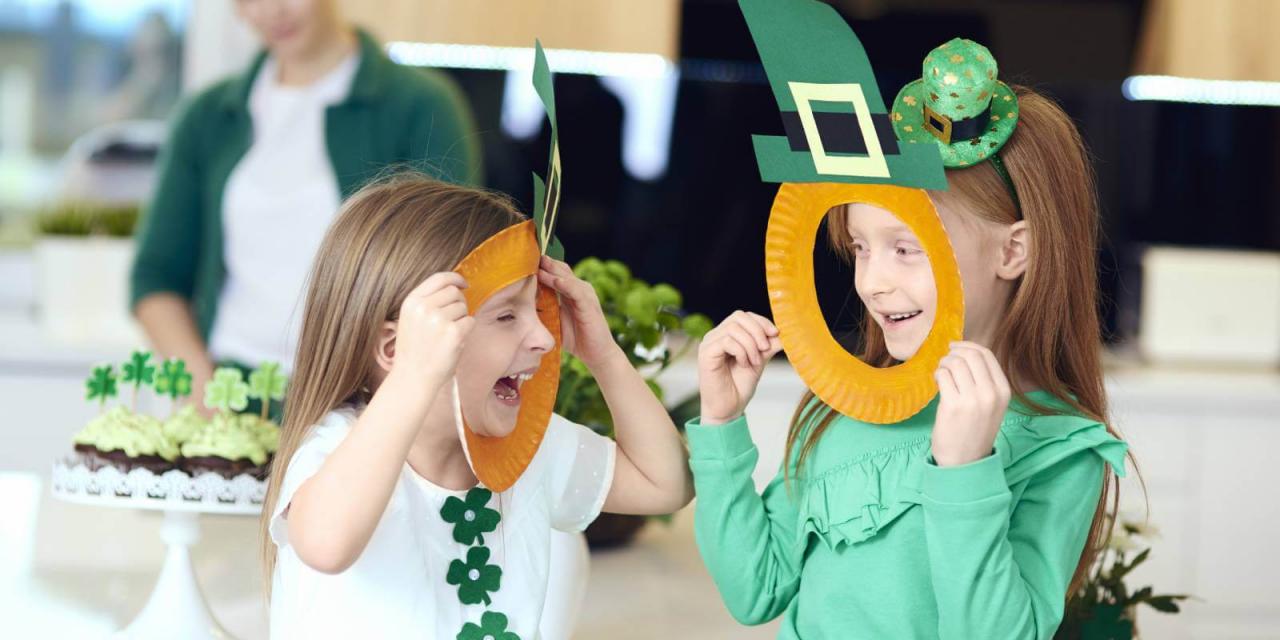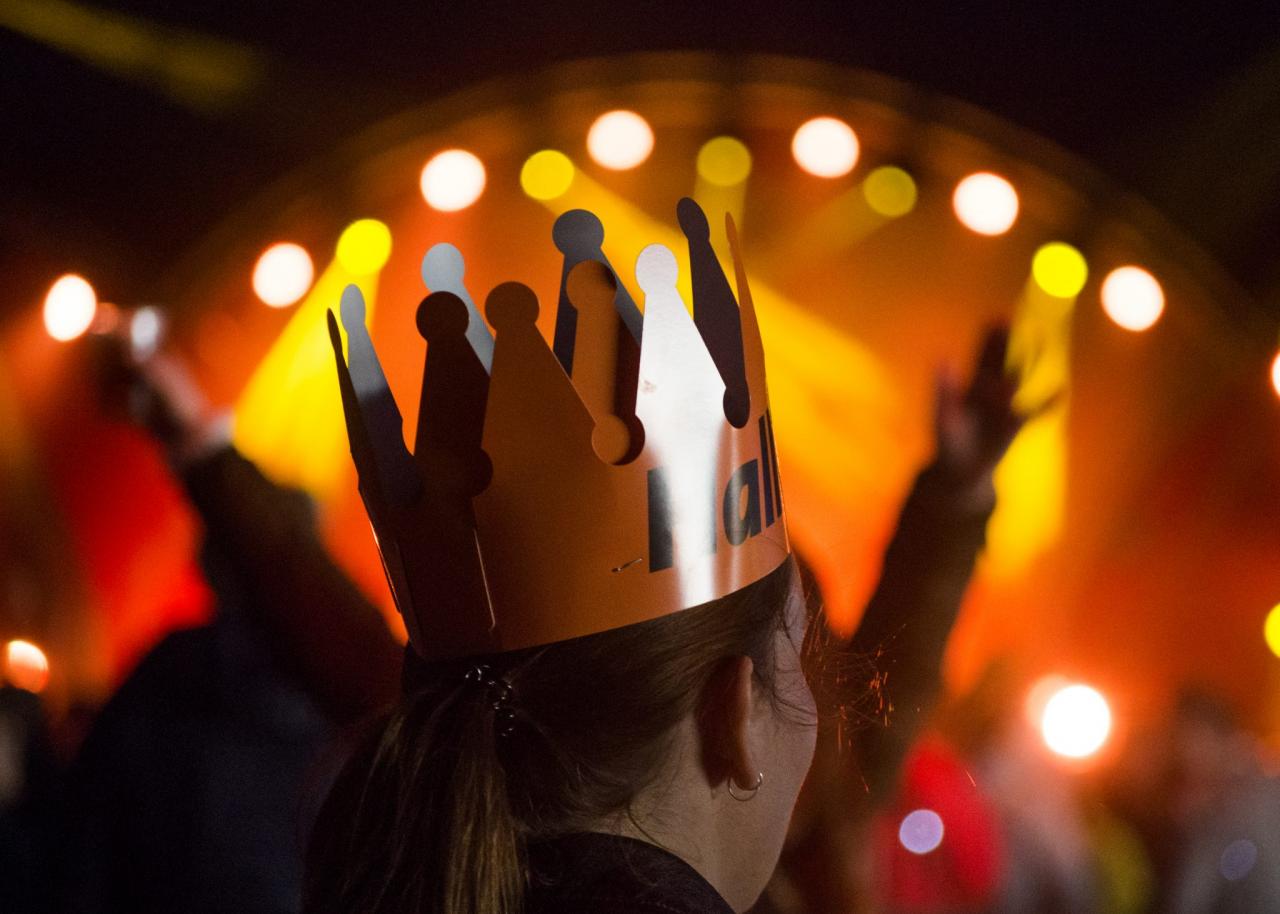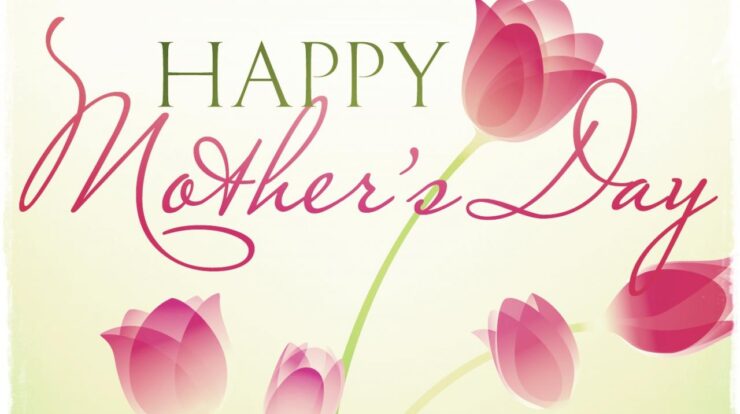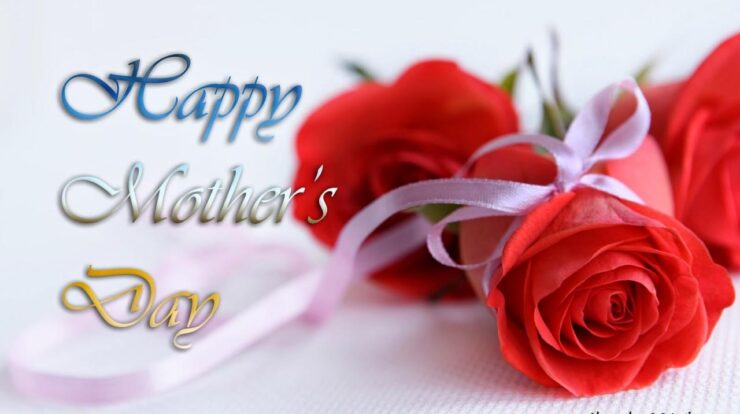
Netherlands King’s Day sets the stage for this enthralling narrative, offering readers a glimpse into a story that is rich in detail and brimming with originality from the outset. The annual festivities, steeped in history and tradition, showcase the vibrant spirit of the Dutch people and their deep-rooted connection to their monarchy.
From the bustling flea markets to the lively music festivals, King’s Day transforms the Netherlands into a kaleidoscope of orange-hued revelry. This national holiday is not merely a day of celebration; it is a testament to the country’s rich heritage and a symbol of unity that brings people from all walks of life together.
King’s Day in the Netherlands: A Rich History and Vibrant Celebration

King’s Day, celebrated annually on April 27th, is a national holiday in the Netherlands that marks the birthday of the reigning monarch. This beloved tradition has deep historical roots and unique customs that have evolved over centuries, creating a vibrant and unforgettable celebration.
History and Origins
The origins of King’s Day can be traced back to the 19th century. In 1885, Queen Wilhelmina’s birthday was celebrated as a national holiday, marking the beginning of a tradition that would continue to evolve over time. The holiday’s name changed to Queen’s Day in 1948, and finally to King’s Day in 2013 when King Willem-Alexander ascended to the throne.
The House of Orange, the Dutch royal family, has played a significant role in the development of King’s Day. The family’s close ties to the Netherlands have fostered a strong sense of national unity and pride, which is reflected in the enthusiastic celebrations of King’s Day.
Traditions and Customs, Netherlands king’s day
King’s Day is a day of festivities and merriments, with traditional activities that have become synonymous with the holiday. Flea markets are a popular feature, where people set up stalls to sell their used belongings, creating a lively and vibrant atmosphere.
Orange is the dominant color of King’s Day, reflecting the national color of the Netherlands and its association with the House of Orange. People dress in orange clothing, decorate their homes and streets, and participate in various orange-themed events.
Music is an integral part of King’s Day celebrations. Open-air concerts and street performances fill the cities and towns, creating a festive and energetic ambiance.
Cultural Impact
King’s Day holds great cultural and social significance for the Dutch people. It is a day when national unity and pride are celebrated, bringing together people from all walks of life.
The holiday also has a significant economic impact on the Netherlands. Tourism and retail sales increase, as people travel to experience the festivities and support local businesses.
International Recognition
King’s Day has gained international recognition and appeal. In some countries, such as Japan and Indonesia, King’s Day is celebrated by Dutch communities and enthusiasts.
The holiday has the potential to promote Dutch culture and tourism globally, showcasing the unique traditions and vibrant atmosphere of the Netherlands.
Ending Remarks

As the sun sets on King’s Day, the memories created and the bonds strengthened serve as a reminder of the enduring spirit of the Dutch people. This captivating celebration not only honors their beloved monarch but also showcases the vibrant tapestry of Dutch culture to the world.
The legacy of King’s Day will continue to inspire generations to come, fostering a sense of national pride and unity while showcasing the Netherlands’ unique blend of tradition and modernity.
FAQ Overview: Netherlands King’s Day
When is King’s Day celebrated?
King’s Day is celebrated on April 27th, the birthday of King Willem-Alexander.
What is the significance of the color orange?
Orange is the national color of the Netherlands and is associated with the House of Orange, the Dutch royal family.
What are some popular activities during King’s Day?
Popular activities include visiting flea markets, attending music festivals, and wearing orange clothing.







